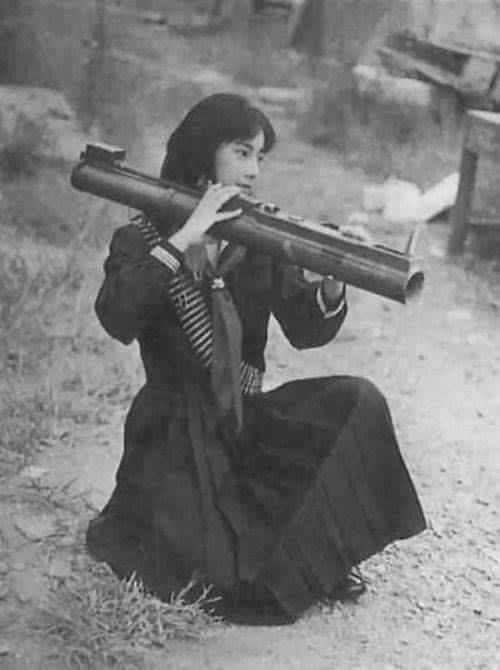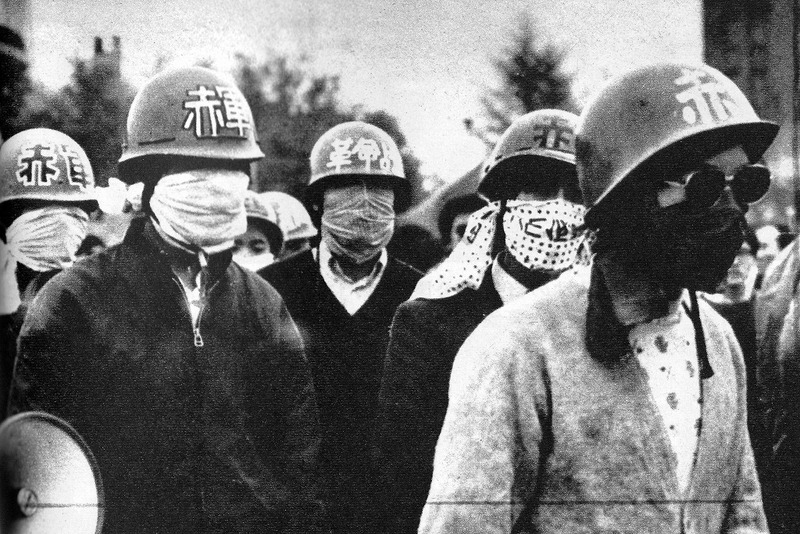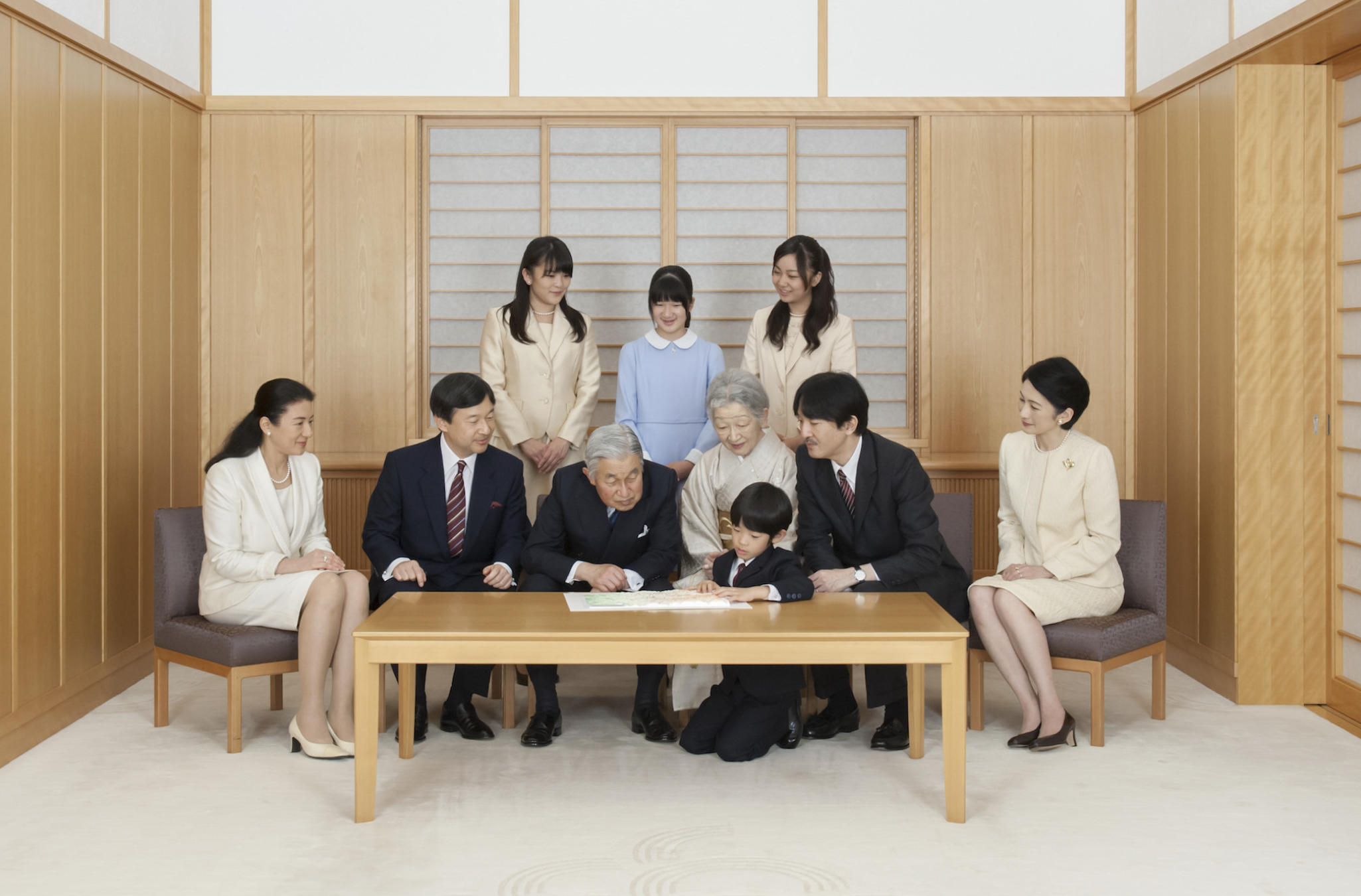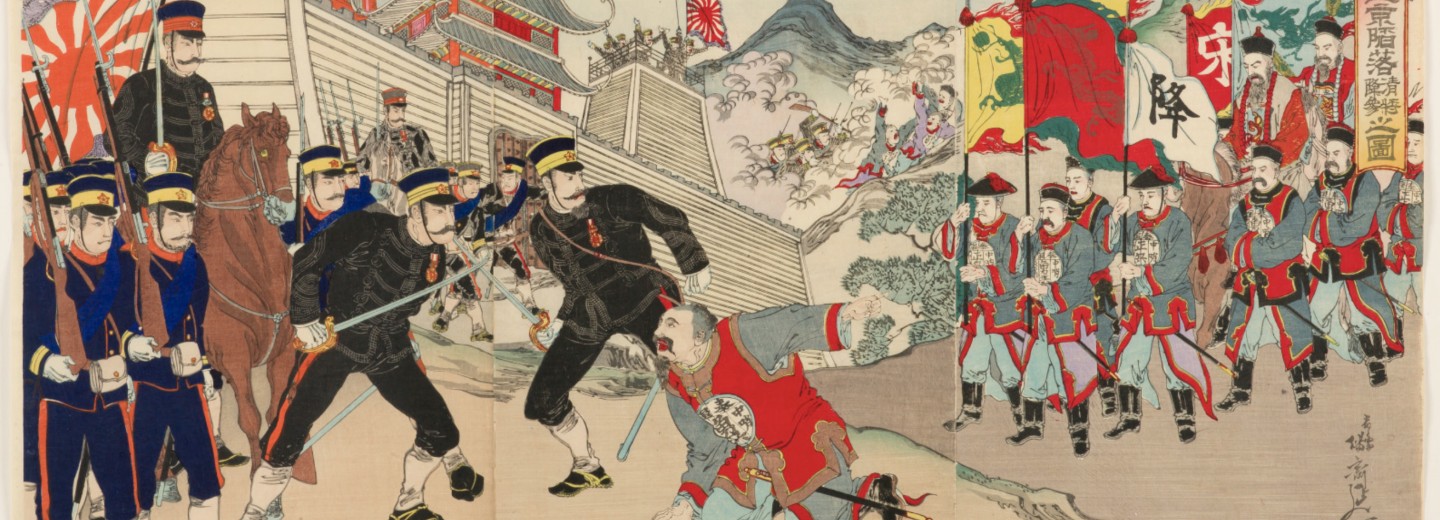China News – 1 August 2022
Following the coverage of comparative history between China and Japan last week, we explore how some Chinese writers discuss the social-political dynamism of post-WWII Japan. The assassination of Shinzo Abe may signify the end of long-standing peace and the re-emergence of an era of turmoil.
From the 1980s to the 1990s, the main members of the Japanese Red Army were arrested one after another, and the level of activity was much lower than before. In November 2000, Shigenobu Fusako was arrested in Japan. In 2001 she wrote a declaration in prison on dissolving the Red Army. Today, Japan is still looking for a number of important members of the Red Army. Some of them may have died.

Most of the world's impression of Japan today is rich and polite. It is difficult for ordinary people to imagine that Japan once had an internationally notorious terrorist organization, the Japanese Red Army. The Japanese Red Army was established in Palestine in 1971 by Shigenobu Fusako and Osamu Maruoka, based in those parts of Lebanon controlled by Syria.
The Japanese Red Army launched a shooting incident at Tel Aviv Airport in 1972, killing 26 people, two of whom were members of the Red Army. Israel was attacked. The Arab world was excited and, for a period of time, vigorously sheltered the Japanese Red Army. The Japanese Red Army was active in the 1970s and 1980s, and also launched many terrorist attacks in Southeast Asia, such as the kidnapping of US Embassy personnel in Malaysia, the hijacking of Malaysia Airlines No. 653, and the Jakarta incident, causing heavy casualties.

Japanese Red Army
The Red Army advocated the overthrow of the Japanese imperial family and government and was committed to world revolution. The father of Shigenobu Fusako once said to her: "A revolution without blood will not succeed." At first glance, it seems that young people were full of yearning, but the question is - whose blood should be shed? Is it reasonable for revolutionaries to sacrifice the lives of innocent people in order to achieve their ideals? Now everyone understands that bloodshed will inevitably deepen hatred, so that society must make more efforts to gradually heal the wounds. Revolutions are not necessarily the road to progress for human society.
Since the goal of the Japanese Red Army was to overthrow the imperial family and the government, they could have acted in Japan alone, won the support of the people through propaganda, and then participate in elections. Democracies have always allowed and even encouraged people to participate in politics, which is different from authoritarian regimes. The Japanese Red Army did not follow the right path and could not gain popular support. This was their choice, but it was by no means a capitalist conspiracy to destroy them. The inability of democracies to censor the speech of political groups and to root out extreme political views is a weakness of democratic systems. However, it is advisable to observe and compare to understand whether the ideas and methods of political groups are consistent. Take the Red Army as an example, dropping bombs, hijacking planes, and kidnapping people all over the world, is this the most effective way to overthrow the Japanese royal family and government?

Former Emperor Akihito and former Empress Michiko with their family in November 2013 - Wikipedia
When the Japanese Red Army progressed internationally, local left-wing forces in Japan carried out ‘self-cleansing’, resulting in the death and injury of many members. This shocked Japanese society. Because the methods of the left-wing forces were too extreme and cruel, they lost popular support and the overall political atmosphere in Japan turned to long-term conservative moderation. Even though left-wing parties such as the Communist Party of Japan and the Socialist Party have continued to participate in elections and won a few seats, they have always been the underdogs and unable to grow into a force that dominates politics.
Former Japanese Prime Minister Shinzo Abe was assassinated on the street while helping elections, shocking Japanese society, which was dubbed as "Peace Dementia". Due to the good security in Japan, ordinary people and even the police now lack the awareness to guard against terrorist attacks and political assassinations. As a renowned stateman, Abe was easily assassinated on the street, showing the lack of vigilance and slowness of the police at the scene. If the security at the scene was tight, perhaps Abe would not have died. This is a problem that Japanese society must face up to.
The assassination of Abe, coupled with the political instability caused by the inability of many countries to deal with inflation, may indicate that the era of peace is over. Everyone will face a more turbulent international situation in the future.
Are we ready for this?
Source: https://www.zaobao.com.sg/forum/views/story20220725-1296185
Worked on the article:

Wanlikhang





